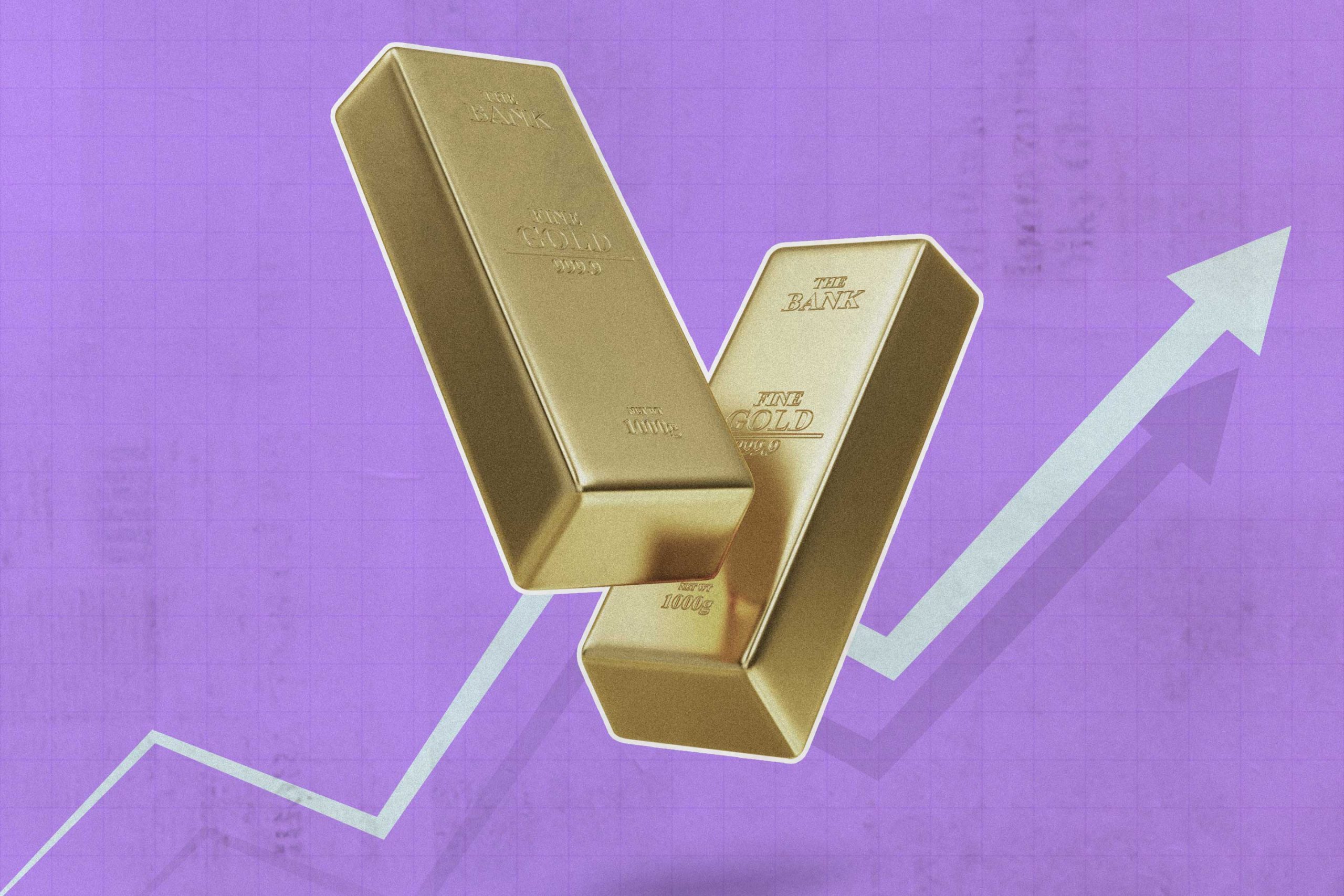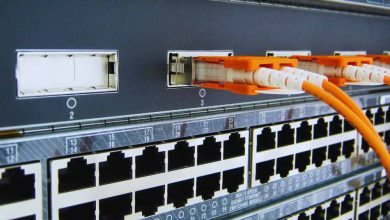If you’re looking to invest in precious metals, buying pure silver can be a smart choice. Silver is not only a valuable asset but also offers diversification to your investment portfolio. In this article, we’ll explore the current price of silver, different ways to invest in it, and the advantages of owning silver bullion, silver coins, silver futures contracts, silver mining stocks, and silver ETFs.
Before we dive into the various investment options, let’s take a look at the price of silver today. As of now, the price of silver stands at $25 per ounce, showing a slight decrease of 0.50% from yesterday. However, when compared to last week, it has experienced a positive increase of 1.96%, and a significant growth of 8.85% from one month ago. The 52-week silver price high is $25, while the 52-week silver price low is $22.
Key Takeaways:
- Investing in pure silver can provide diversification to your investment portfolio.
- The current price of silver is $25 per ounce, with slight fluctuations daily.
- There are various investment options for silver, including silver bullion, silver coins, silver futures contracts, silver mining stocks, and silver ETFs.
- Silver has industrial and commercial uses, contributing to its price movements.
- When investing in silver, consider your financial goals, risk tolerance, and time horizon.
How To Invest In Silver
There are several common ways to invest in silver. Each method has its own advantages and considerations. Let’s explore these investment options:
Purchasing Silver Bullion
One way to invest in silver is by purchasing silver bullion. Silver bullion refers to investment-grade silver bars or coins that are at least 99.9% pure. They are available in various weights, ranging from 1 ounce to 100 ounces. Owning silver bullion provides a tangible asset that can be easily bought and sold. Lower-weight bars may be more liquid in a challenging market.
Buying Silver Coins
Another way to invest in silver is by buying silver coins. Silver coins are available in various options, including new-issue coins and collectible coins. Popular choices include the American Silver Eagle and the Canadian Silver Maple Leaf, both weighing one ounce and guaranteed to be 99.9% pure silver.
Investing In Silver Futures Contracts
If you’re a sophisticated investor, you may consider investing in silver futures contracts. These derivative contracts allow you to purchase a set quantity of silver at a predetermined price on a future date. Silver futures contracts provide the opportunity to speculate on prices and hedge your portfolio without the need to directly handle physical metal.
Owning Shares Of Silver Mining Companies
An alternative way to gain exposure to the silver market is by owning shares of publicly traded silver mining companies. This investment option allows you to benefit from the performance of the silver industry without holding physical metal. It’s essential to research and choose reputable mining companies for investment.
Investing In Silver Exchange-Traded Funds (ETFs)
Silver exchange-traded funds (ETFs) provide exposure to the silver market without the need to own physical metal. Some ETFs hold physical silver bullion, while others hold stocks of silver mining companies. It is crucial to research the composition and performance of an ETF before investing.
Considering these various ways to invest in silver can help you make informed decisions based on your investment goals and risk tolerance.
Silver Bullion
Silver bullion refers to investment-grade silver bars or coins that are at least 99.9% pure. It is a tangible asset that can be easily bought and sold, making it a popular choice among investors. Silver bullion is available in various weights, ranging from 1 ounce to 100 ounces, providing flexibility for different investment strategies. Owning silver bullion can offer a sense of security and stability in a challenging market.
Investing in silver bullion allows individuals to diversify their portfolio and protect their wealth. Unlike paper investments, such as stocks or bonds, silver bullion offers a physical representation of value. It is not subject to the same risks as other financial assets, like inflation or economic downturns.
Benefits Of Silver Bullion
- Price Transparency: The price of silver bullion is determined by the spot price of silver, ensuring transparency and fairness in the market.
- Liquidity: Silver bullion is highly liquid, meaning it can be easily bought or sold without a significant impact on its value.
- Portability: Silver bullion is compact and easy to transport, allowing investors to store and move their assets conveniently.
- Security: Investing in physical silver bullion eliminates the risk of fraud or hacking that can occur with digital assets.
Whether you are a seasoned investor or just starting out, silver bullion can be a valuable addition to your investment portfolio. It provides stability, diversification, and the potential for long-term growth. Consider adding silver bullion to your investment strategy to secure your financial future.

Silver Coins
Silver coins are a popular choice for investors looking to invest in silver. They offer a tangible and collectible asset that holds intrinsic value. Whether you are a seasoned investor or just starting out, silver coins provide an accessible and reliable way to participate in the silver market.
When it comes to silver coins, there are various options available, catering to different investment preferences. One option is to invest in new-issue coins, which are minted by government authorities and typically have a legal tender value. These coins often feature iconic designs and are produced with the highest quality standards.
Another option is to invest in collectible silver coins. These coins are highly sought after by collectors due to their rarity, historical significance, or unique designs. Collectible silver coins can appreciate in value over time, making them an attractive investment for both numismatists and investors.
Popular Silver Coin Choices
One of the most popular silver coins among investors is the American Silver Eagle. This coin, minted by the United States Mint, features the iconic Lady Liberty design on the obverse and the heraldic eagle design on the reverse. It weighs one ounce and is guaranteed to be 99.9% pure silver.
Another highly regarded silver coin is the Canadian Silver Maple Leaf. Produced by the Royal Canadian Mint, this coin showcases the iconic maple leaf design on the reverse and Queen Elizabeth II on the obverse. Like the American Silver Eagle, it weighs one ounce and is 99.9% pure silver.
Investing in silver coins allows you to hold physical silver in your hands, providing a sense of security and ownership. These coins can be easily bought and sold through reputable dealers, making them a liquid investment option.
Whether you are interested in new-issue coins or collectible coins, silver coins offer a tangible and versatile investment opportunity. They combine the beauty of craftsmanship with the intrinsic value of silver, making them a favorite among investors seeking to diversify their portfolios with precious metals.
Silver Futures Contracts
Silver futures contracts are derivative contracts that allow investors to speculate on the future price of silver without the need to physically hold the metal. These contracts enable buyers to agree to purchase a specific quantity of silver at a predetermined price on a future date.
This type of investment is particularly attractive to sophisticated investors who want to hedge their portfolios or take advantage of potential price fluctuations in the silver market. By entering into silver futures contracts, investors can profit from both rising and falling silver prices.
The beauty of silver futures contracts lies in their flexibility. Investors can trade these contracts on various commodity exchanges, such as the Chicago Mercantile Exchange (CME), which provides liquidity and an efficient marketplace for buyers and sellers.
Key Features Of Silver Futures Contracts:
- Contract Size: Silver futures contracts typically represent a specific quantity, such as 5,000 troy ounces.
- Pricing: The contract specifies the price at which the silver will be bought or sold on the delivery date.
- Delivery Date: Futures contracts have a specific expiration date, at which point the buyer must take delivery of the silver or settle the contract in cash.
- Leverage: Investors can control a larger amount of silver through futures contracts by depositing a margin, which is a fraction of the contract’s total value.
It’s important to note that while silver futures contracts offer significant profit potential, they also carry inherent risks. The value of the contract can fluctuate based on market conditions, and investors may be required to deposit additional margin funds to maintain their positions. Therefore, it is crucial for investors to carefully evaluate their risk tolerance and conduct thorough research before engaging in silver futures trading.
For those seeking exposure to silver prices without handling physical metal or engaging in futures trading, alternative investment options such as silver ETFs or silver mining stocks may be worth considering.
Silver Mining Stocks
Owning shares of publicly traded silver mining companies provides exposure to the silver market without holding physical metal. Investing in silver mining stocks can be an attractive option for investors looking to capitalize on the potential growth of the silver industry.
It is important to note that the performance of silver stocks may not be closely correlated with the price of silver. Factors such as company management, operational efficiency, exploration success, and overall market conditions can impact the performance of silver mining stocks.
When considering silver mining stocks, it is crucial to conduct thorough research and choose reputable mining companies. Look for companies with a strong track record of production, financial stability, and a clear strategy for growth.
Investors should also keep in mind that investing in silver mining stocks carries its own set of risks. Price volatility, geopolitical factors, and industry regulations can affect the profitability of mining companies. Diversification within the portfolio is recommended to mitigate risks associated with individual stocks.
By carefully selecting silver mining stocks, investors have the opportunity to benefit from the potential growth of the silver industry and potentially achieve attractive returns on their investment.
Silver ETFs
Silver exchange-traded funds (ETFs) are investment funds that hold silver-backed assets. They provide exposure to the silver market without the need to own physical metal. Some ETFs hold physical silver bullion, while others hold stocks of silver mining companies.
Investing in silver ETFs offers investors the opportunity to participate in the performance of the silver market with the convenience of buying and selling shares on the stock exchange. Unlike buying physical silver, ETFs offer ease of liquidity and flexibility. Investors can trade ETF shares throughout the trading day at market price, providing potential advantages for short-term trading strategies.
One key benefit of investing in silver ETFs is the ability to gain diversified exposure to the silver market. Rather than investing in a single silver mining company or purchasing a specific amount of physical silver, investors can access a broad range of silver assets through the ETF structure.
When considering investing in silver ETFs, it is important to research the composition and performance of the specific ETF. Some ETFs may track the price of silver closely, while others may have additional factors that can affect their returns, such as management fees and the performance of underlying silver mining stocks.
Advantages Of Silver ETFs:
- Convenience: Easily tradeable on stock exchanges.
- Diversification: Gain exposure to a broad range of silver-backed assets.
- Liquidity: Buy and sell ETF shares throughout the trading day.
- Transparency: Access up-to-date information on the ETF’s holdings and performance.
Considerations When Investing In Silver ETFs:
- Expense Ratio: Evaluate the management fees associated with the ETF.
- Tracking Error: Check the ETF’s ability to track the price of silver accurately.
- Volume and Liquidity: Ensure the ETF has sufficient trading volume and liquidity.
- Asset Under Management (AUM): Consider the size of the ETF’s AUM for liquidity and stability.
Investing in silver ETFs can be a convenient and diversified way to participate in the silver market. However, like any investment, it is essential to conduct thorough research and consider your investment goals, risk tolerance, and time horizon before making any investment decisions.
Silver Vs. Gold
Silver and gold are two popular alternative investments that offer unique characteristics and differences in their utility and relationship to the markets. Understanding these differences can help investors make informed decisions about including silver or gold in their portfolios.
Industrial and Commercial Uses: One of the key differences between silver and gold is their utility in various industries. Silver has a wide range of industrial applications, including electronics, solar panels, and medical equipment. Its demand in these sectors can contribute to price movements. In contrast, gold is primarily used in jewelry, investment, and as a store of value.
Price Movements: The price of silver is often influenced by industrial and economic factors, making it more closely tied to the overall stock market and the economy. During economic growth, when industrial demand is high, silver prices may rise. On the other hand, gold prices tend to move in the opposite direction of the stock market. It is considered a safe-haven asset, often sought by investors during times of economic uncertainty or market volatility.
To summarize, while silver and gold are both precious metals, they have distinct characteristics that contribute to their price movements. Silver has more industrial and commercial uses, which can impact its price. Gold, on the other hand, is often influenced by market sentiment and serves as a safe-haven asset.
Conclusion
In conclusion, investing in silver can be a smart move for diversifying your investment portfolio and protecting against inflation. While the price of silver can be volatile, it also has the potential to deliver substantial returns, especially during certain market conditions. As with any investment, it is crucial for investors to consider their financial goals, risk tolerance, and time horizon when deciding to invest in silver.
By adding silver to your portfolio, you can benefit from its unique properties and market dynamics. Unlike gold, silver has multiple industrial and commercial uses, making it more susceptible to price movements driven by supply and demand factors. This can offer opportunities for investors who closely monitor and understand the silver market.
To make informed investment decisions, it is important to stay updated on the latest silver price trends, market news, and economic indicators. Additionally, conducting thorough research on different investment options, such as silver bullion, silver coins, silver futures contracts, silver mining stocks, and silver ETFs, can help you choose the best strategy that aligns with your investment objectives.
FAQ
What Are Some Common Ways To Invest In Silver?
Common ways to invest in silver include purchasing silver bullion, buying silver coins, investing in silver futures contracts, owning shares of silver mining companies, and investing in silver exchange-traded funds (ETFs).
What Is Silver Bullion?
Silver bullion refers to investment-grade silver bars or coins that are at least 99.9% pure. They are available in various weights and provide a tangible asset that can be easily bought and sold.
What Are Silver Coins?
Silver coins are another way to invest in silver. They are available in various options, including new-issue coins and collectible coins. Popular choices include the American Silver Eagle and the Canadian Silver Maple Leaf, both weighing one ounce and guaranteed to be 99.9% pure silver.
What Are Silver Futures Contracts?
Silver futures contracts are derivative contracts where a buyer agrees to purchase a set quantity of silver at a predetermined price on a future date. This allows sophisticated investors to speculate on prices and hedge their portfolios.
How Can I Invest In Silver Mining Stocks?
Owning shares of publicly traded silver mining companies provides exposure to the silver market without holding physical metal. It is important to research and choose reputable mining companies for investment.
What Are Silver ETFs?
Silver exchange-traded funds (ETFs) are investment funds that hold silver-backed assets. Some ETFs hold physical silver bullion, while others hold stocks of silver mining companies. It is important to research the composition and performance of an ETF before investing.
What Are The Differences Between Silver And Gold?
Silver and gold are popular alternative investments with differences in utility and relationship to markets. Silver has more industrial and commercial uses compared to gold, which contributes to its price movements. While silver prices tend to track the overall stock market and the economy, gold prices tend to move in the opposite direction.
Is Silver A Valuable Addition To An Investment Portfolio?
Silver can be a valuable addition to an investment portfolio, providing diversification and potential protection against inflation. The price of silver can be volatile, but it has the potential to deliver returns during certain market conditions. Investors should consider their financial goals, risk tolerance, and time horizon when deciding to invest in silver.





